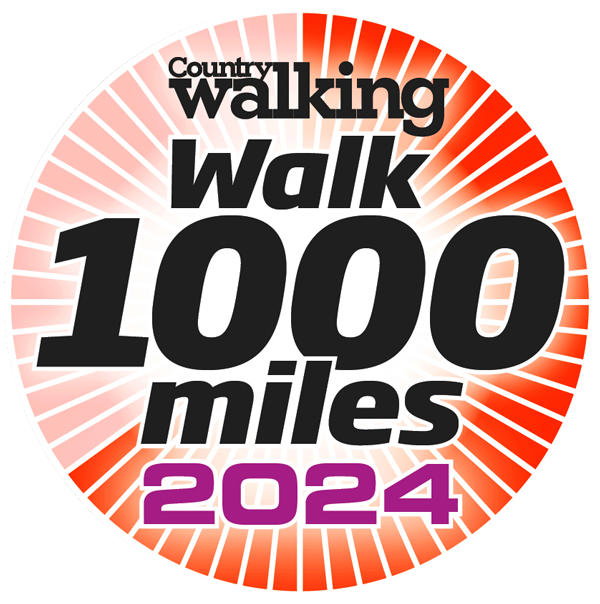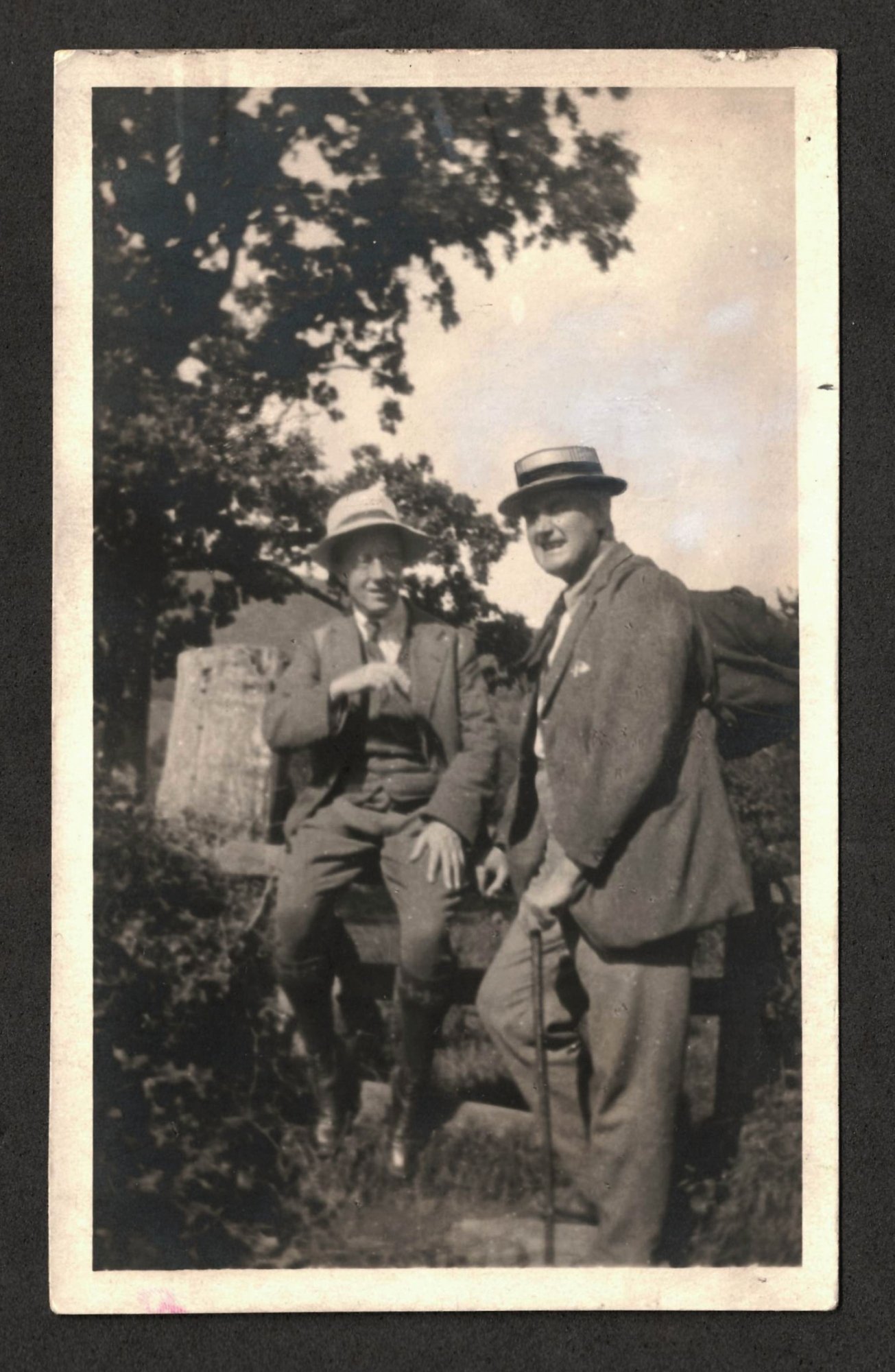Why acclaimed pianist WU QIAN founded a music and walking festival in the Surrey Hills – and how the hills’ most famous son became her hero.
The full version of this interview appears in Country Walking Magazine May 2022 - on sale now!
Pianist and avid walker Wu Qian is the co-founder and Artistic Director of the Investec International Music Festival, which takes place in the Surrey Hills and includes guided walks as part of its programme. This year, the festival celebrates the 150th anniversary of the birth of another walker-musician who loved these hills: composer Ralph Vaughan Williams. We asked Qian to explain the deep connection between music and landscape in this beautiful part of the world…
MY FIRST SIGHT of the Surrey Hills was when I was 13 and arriving in England from Shanghai.
Coming from a big Chinese metropolis, I sat in the taxi between Heathrow and Cobham wondering where on earth the driver was taking me and whether we were actually going to the wrong place – no bright lights, no shops, so much countryside.
But then we arrived at the Yehudi Menuhin School, and I saw the lovely buildings in their beautiful setting, and realised this was a very special place. After a few months, I started to understand more about life in the English countryside and to appreciate the benefits of being surrounded by so much beauty and fresh air.
This is a special place for music. This year, our festival celebrates the 150th anniversary of the birth of composer Ralph Vaughan Williams who grew up, went to school and later lived here in these hills.
St Martha’s Hill, one of the superstar walking locations of the Surrey Hills.
This landscape was a huge influence on his life and music. He was an avid walker: while studying in London, he would sometimes walk all the way back to Leith Hill overnight, arriving in time to wake up the whole household by playing the organ at full volume. When I walk in these hills, I can really feel and hear the landscape in his music; in the flow of the string lines and the soaring woodwinds.
The idea of establishing a festival here was something that came about through conversations with my friend and fellow pianist (and local girl) Tessa Marchington when we were students in London. We wanted not just to bring world-class music to local audiences, but also to introduce our musician friends to this beautiful area and help to develop its reputation as a place where music and culture continue to flourish as they did in Vaughan Williams’ day.
Concerts are the core of our programme, but the idea of adding walks developed quite naturally, since so many of our committee members and local audience are themselves keen walkers. And this year, we are giving visitors the chance to follow in Vaughan Williams’ own footsteps. Our first walk (May 6th) takes place on Leith Hill, close to his childhood home of Leith Hill Place, with a guided walk up to the spectacular viewpoint at the top and back down to the little village church in Coldharbour where his parents were married and where he himself played the organ occasionally.
Our second walk (May 11th) takes us to Dorking, where Vaughan Williams contributed in an extraordinary way to the musical life of the area – conducting amateur choirs at the Leith Hill Musical Festival, organising young artist performances in one of the town’s pubs and writing music for village pageants. The walk starts out from Denbies Wine Estate, which is one of our concert venues. It looks out towards Box Hill, which was home to Victorian writer George Meredith, author of The Lark Ascending, the poem which inspired Vaughan Williams’ famous work of the same name.
The route heads up through the vineyards and on to St Barnabas’ Church at Ranmore Common. Here a group of young players from the Yehudi Menuhin School will refresh our walkers with some beautiful chamber music before they head back down.
FOLK SONGS AND BRIGHT FUTURES
Ralph Vaughan Williams (right) with his friend and fellow composer Gustav Holst on a walk in 1921.
Vaughan Williams is also famous for his dedication to searching out folk songs. He would spend days walking around the countryside – often with his good friend and fellow composer Gustav Holst – noting down the tunes he found and sometimes weaving them into his own music. To him, those traditional songs represented a more innocent, pre-industrial time; a precious heritage which needed to be preserved before it was lost. But they were also a rich source of raw material which could be used to create a fresh and essentially English type of musical expression. He had an incredible gift for combining the old and the new to create something unique – like his Six Studies in English Folk Song, which I’ll be performing at the festival with cellist Gary Hoffman.
And that connection continues to thrive. This year has seen the inaugural Surrey Hills Young Composer Competition. Our winner, Matty Oxtoby, has written a beautiful piece for piano trio which evokes the passing of a day from dawn to dusk on Reigate Hill.
I’d like to think Vaughan Williams would have approved of what we’re doing to celebrate his birthday: following his example by including new music as well as old, young artists alongside established ones, and encouraging our visitors to appreciate the special bond between this landscape and the music that comes from it.
Denbies Wine Estate, starting point for one of the walks at the Investec International Music Festival.
The Investec International Music Festival takes place at venues across the Surrey Hills from May 5th to May 14th. Find full details here. To find out more about Qian’s work, visit wuqianpiano.com and sitkovetskytrio.com, and follow her on Twitter @WuQianpiano





